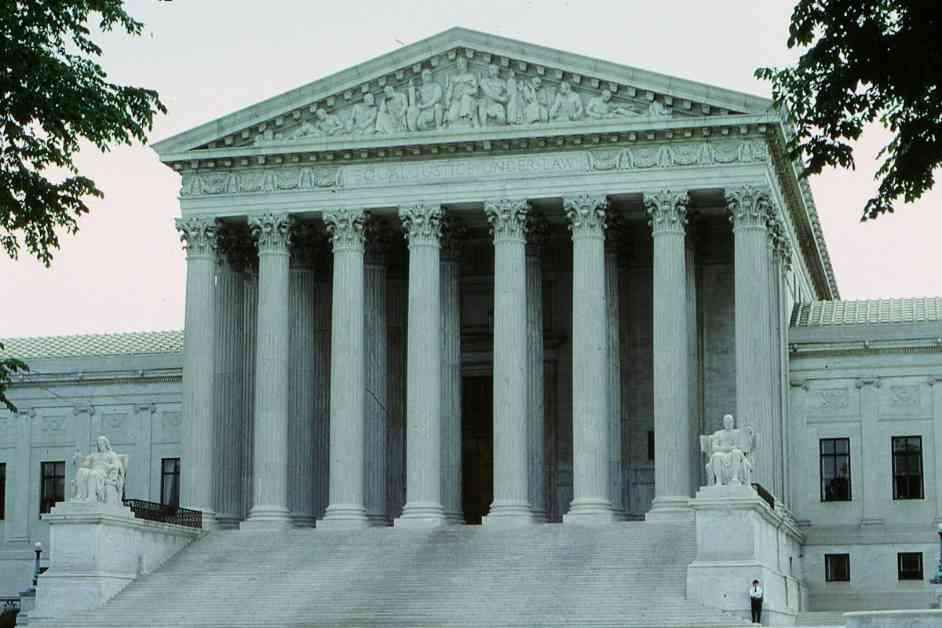Trump’s Latest Move: Birthright Citizenship in Jeopardy
On May 15, 2025, the US Supreme Court gathered to discuss President Donald Trump’s executive order aiming to terminate birthright citizenship. This controversial policy would strip citizenship from babies born in the US to non-citizen parents, challenging the 14th Amendment’s guarantee. Released on his first day back in office, the order has sparked legal battles and public outcry, raising questions about its legality and broader implications.
Trump’s executive order, signed on January 20, 2025, reinterprets the 14th Amendment’s Citizenship Clause, which declares that “All persons born or naturalized in the United States, and subject to the jurisdiction thereof, are citizens.” The order proposes denying citizenship to newborns unless at least one parent is a US citizen or permanent resident, specifically targeting children of undocumented immigrants or temporary visa holders. Trump has criticized the US for upholding birthright citizenship, claiming it benefits ‘drug cartels’ and arguing for a change in the policy. The potential impact of this order could affect over 150,000 newborns annually, as per reports from 22 Democratic-led states.
Legal battles ensued as three federal judges in Maryland, Massachusetts, and Washington state issued nationwide injunctions, deeming the order unconstitutional. They cited over a century of legal precedent, including the 1898 case United States v. Wong Kim Ark. Trump’s legal team, led by Solicitor General John Sauer, appealed to the Supreme Court, arguing against the nationwide injunctions. The debate centered on the issue of whether lower courts have the authority to halt the policy nationwide or if such actions overreach. The Supreme Court’s conservative majority appeared divided during oral arguments, with justices questioning the practicality and consequences of enforcing the order.
The implications of this case extend beyond Trump’s agenda, potentially influencing immigration law and judicial power. The Supreme Court’s decision will determine if the longstanding constitutional principle of birthright citizenship remains intact or if Trump’s executive authority prevails. Legal experts anticipate a rejection of the policy due to its contradiction with constitutional protections and legal precedents. However, a ruling limiting nationwide injunctions could lead to varying citizenship rules across states, creating uncertainty in the legal landscape. Protesters advocating for the constitutional guarantee of citizenship for all born on US soil have gathered outside the court, emphasizing the ongoing battle to defend constitutional rights.
In conclusion, Trump’s attempt to end birthright citizenship faces a significant legal challenge, with the Supreme Court’s decision poised to shape future immigration policies and judicial authority. The debate over the constitutionality of the executive order and the use of nationwide injunctions highlights the broader implications of this case. As the court deliberates on this unprecedented challenge, the outcome will not only impact Trump’s agenda but also set a precedent for the protection of constitutional rights in the United States.













